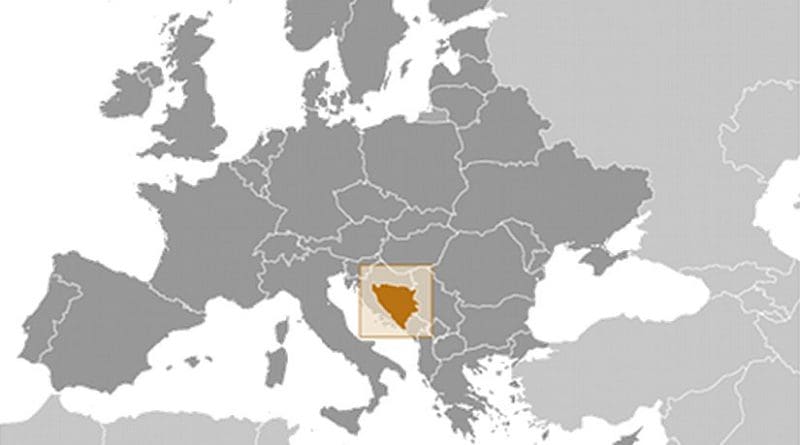Russia Agrees To Repay Soviet-Era Debt To Bosnia
Russia is to repay $125 million to Bosnia and Herzegovina on Tuesday, finally resolving the issue of its Soviet-era debt to the former Yugoslav country.
The Russian finance ministry has told its counterpart in Bosnia that Moscow will transfer $125 million to Sarajevo to cover so-called ‘clearing debt’ of the former Soviet Union, the Bosnian finance ministry said on Tuesday.
The clearing debt was debt that the Soviet Union accumulated to the former Yugoslavia from the trade of goods.
Each former Yugoslav state had separate negotiations with Moscow on the repayment of its share.
The payment comes after Bosnian finance minister Vjekoslav Bevanda and Russia’s deputy finance minister Sergei Storchak signed an agreement on March 21 in Moscow to resolve the issue of the old debt.
According to an announcement that Bosnian finance ministry issued in March, the amount will be shared between both Bosnia’s political entities – the Federation and Republika Srpska – and the Brcko District.
The Federation will receive 58 per cent of the sum, $72.5 million; Republika Srpska will receive 29 per cent, $36.2 million; Bosnia’s central institutions will receive 10 per cent, $12.5 million, and the Brcko District will receive three per cent, $3.7 million.
Bosnia was the last ex-Yugoslav country to resolve its clearing debt with Russia.
While the debts to all the other countries were settled in commodities, Bosnia is the only country that will receive a financial payment.

